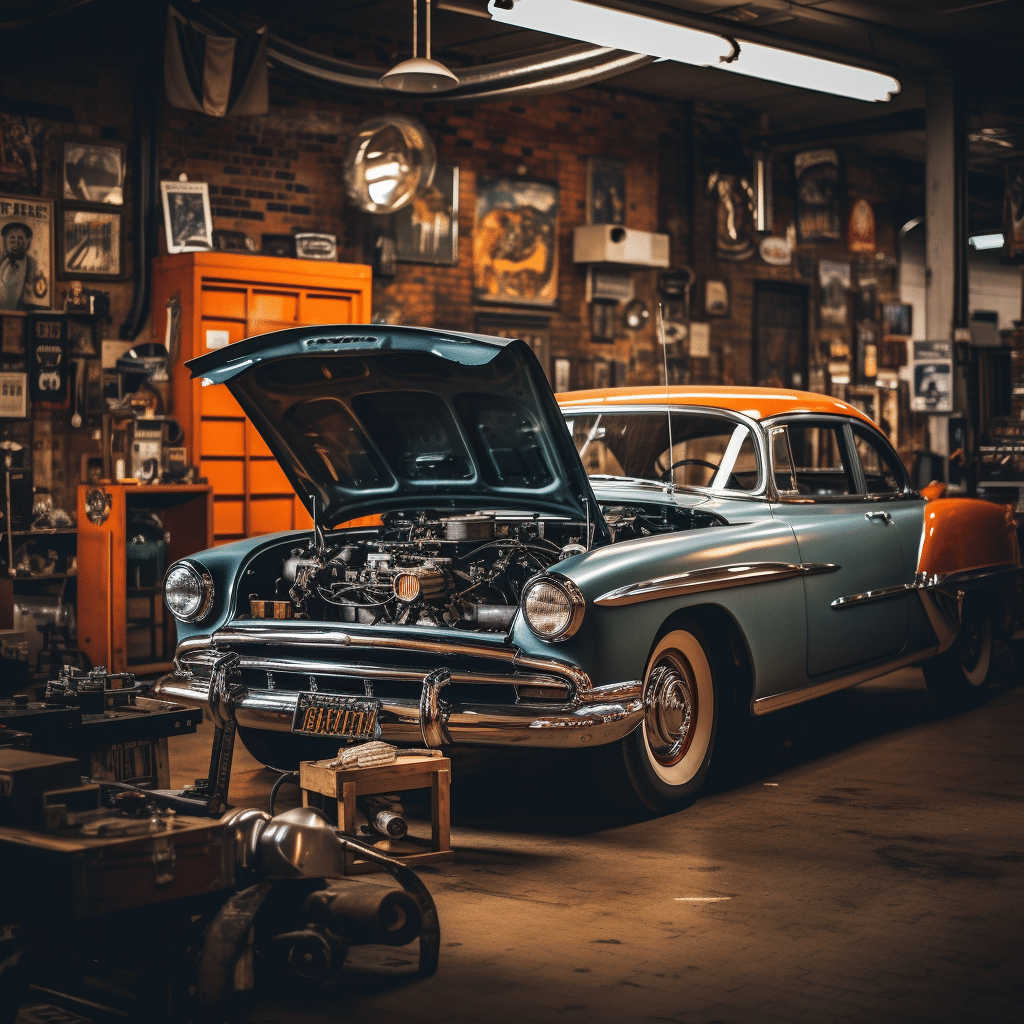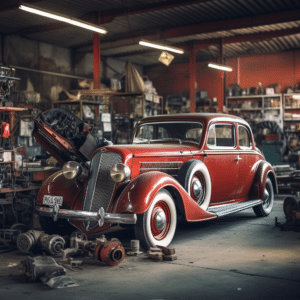
Essential Car Maintenance Tips for Longevity and Savings
Car Maintenance Tips, Taking care of your car is a must for keeping it running for long and properly. Regular oil changes, tire rotations and other maintenance activities can save you time and money. Here are some tips to maintain your car.
- Servicing is key. Have periodic check-ups with a qualified mechanic to catch any issues early. This includes checking fluid levels, inspecting brakes and doing routine engine maintenance.
- Cleaning your car inside and out is a must. Regular washing not only keeps it looking good, but also protects it from damage. Clean the interior too, to prevent dust and allergens from building up.
- Be aware of any warning signs. Strange noises, dashboard lights or changes in performance should never be ignored. These could be signs of underlying issues that need attention right away.
By following these tips, you can enjoy a smoother drive and prolong the lifespan of your car. Take charge of your car’s well-being today – prevention is better than cure!
Importance of Regular Car Maintenance

Regular car maintenance is a must for keeping your vehicle in its best condition and ensuring its long-term performance. With regular maintenance, you can prevent expensive repairs, prolong the car’s lifespan, and make your drives safer.
It’s important to follow a routine maintenance schedule. This includes oil changes, tire rotations, and brake inspections. Oil changes keep the engine clean and lubricated, preventing wear and tear. Tire rotations ensure even tread wear, boosting traction and tire life. Brake inspections identify issues before they become major problems, promoting safety.
Monitoring fluid levels is also part of routine maintenance. Keeping proper levels of coolant, transmission fluid, brake fluid, and power steering fluid is vital for the car’s overall health. Ignoring or neglecting these fluids can lead to overheating, damage, or compromised braking. Regularly check and top up these fluids to prolong the car’s life.
Pay attention to warning signs and unusual noises. If you see a check engine light or hear squealing brakes or grinding gears, consult a mechanic as soon as possible. Addressing these issues quickly prevents further damage and costly repairs.
Car maintenance is an expense but it saves money in the long run. It maximizes fuel efficiency and avoids breakdowns. Plus, it preserves the car’s resale value.
By practicing good car maintenance habits, you get to enjoy many benefits. Prolong the car’s life and improve its performance, while ensuring a safer driving experience for everyone on the road. So, take care of your car!
Basic Car Maintenance Checklist
A car that’s well-maintained brings a smooth ride and a long life. Here’s a basic maintenance checklist:
- Regularly check and change engine oil for best performance.
- Check tire pressure and tread depth for safety.
- Keep an eye on coolant levels to prevent overheating.
- Check brake fluid for an efficient braking system.
- Clean and replace air filters for better fuel efficiency and air quality.
- Don’t forget to inspect battery and charging system to prevent breakdowns.
Routine maintenance helps spot issues before they get serious. A professional mechanic can provide extra insights.
Remember: prevention is better than cure. Taking care of your car saves money and brings peace of mind. So stay proactive and keep up with these checks.
Pro Tip: Record maintenance activities, dates, and receipts. It’ll help you stay organized and track your car’s upkeep.
Advanced Car Maintenance Tips

Want to take your car care up a notch? Here are some tips to help you maintain your vehicle:
- Invest in quality fluids and filters.
- Keep an eye on tire pressure.
- Inspect the brakes.
- Check the battery health.
- Make sure to have proper wheel alignment and balance.
This’ll help prolong the life of your vehicle and save you money in repair costs! According to Consumer Reports, properly maintained cars can save up to $8,000 over 12 years.
Conclusion
It’s crucial to maintain your car. By following these tips, you can keep it running smoothly and avoid costly repairs.
- Service it regularly. This includes oil changes, filter replacements and checking fluid levels. Doing this stops engine damage and makes components last longer.
- Make sure tires are inflated and aligned. This boosts fuel efficiency, handling and safety. Inspect them for wear and tear to avoid blowouts.
- Keep the interior clean. Not only does it look better, but it also prevents wear and tear. Vacuum, dust and use appropriate cleaning products for upholstery to preserve its condition and increase resale value.
- Fix minor repairs quickly. This avoids larger expenses later on. For example, dents or scratches should be fixed before they worsen and cause rust.
- Finally, drive responsibly and follow traffic rules. Aggressive driving habits can damage car parts and cause increased wear and tear.
Frequently Asked Questions
1. How often should I change my car’s oil?
It is generally recommended to change your car’s oil every 3,000 to 5,000 miles or every three to six months, depending on the type of oil and driving conditions. Checking your car’s owner manual is always a good idea for specific recommendations.
2. How frequently should I rotate my car’s tires?
Tire rotation is typically recommended every 6,000 to 8,000 miles, or as advised by the tire manufacturer. Regular rotation helps ensure even wear, extends tire life, and improves overall performance and safety.
3. How can I maintain my car’s battery?
To maintain your car’s battery, make sure to keep it clean and free from corrosion. Inspect the battery terminals for any signs of build-up, which can be cleaned using a mixture of baking soda and water. Additionally, regular driving helps keep the battery charged, so avoid letting your car sit idle for long periods.
4. When should I replace my car’s air filter?
Air filters should typically be replaced every 12,000 to 15,000 miles, or as recommended by the manufacturer. However, if you frequently drive on dusty roads or in heavy traffic, you might need to replace it more often. A clogged air filter can reduce engine performance and fuel efficiency.
5. What is the importance of regular tire pressure checks?
Regular tire pressure checks are essential for optimal performance, safety, and fuel efficiency. Improper tire pressure can lead to uneven tire wear, decreased traction, reduced fuel economy, and even tire blowouts. It is recommended to check your tire pressure at least once a month and before long trips.
6. How can I extend the lifespan of my car’s brakes?
To extend the lifespan of your car’s brakes, avoid sudden and aggressive braking whenever possible. Use engine braking by downshifting when approaching a stop to reduce strain on the brake system. Regularly inspect the brake pads and rotors for wear and have them replaced when necessary.
